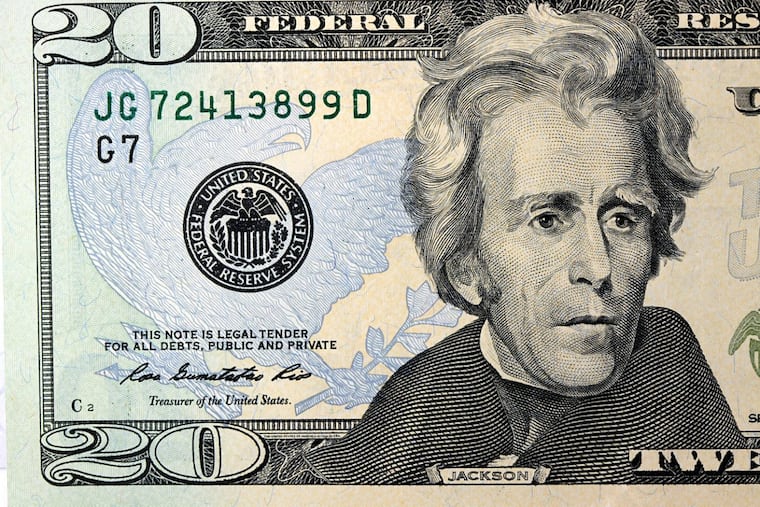Tell Congress and Pa. legislators it's time to raise minimum wage | Editorial
If wages grew with the economy and worker productivity, the minimum wage would be worth $19.93 an hour today,

The eight-year anniversary of Congress' raising the minimum wage from $6.55 to $7.25 an hour slipped by quietly July 24. It was best that way. There is nothing to celebrate. What we should be celebrating is a hike to something closer to a living wage. And that's not impossible. In the last five years, many states have elevated the minimum wage, some with stepped increases over the next few years.
Grassroots activism, prompted in part by a successful movement by fast-food workers starting in 2013, has persuaded 29 states to raise wages. That includes at least eight states with minimum wages at or above $10 per hour. Pennsylvania, still at $7.25, is among the 21 laggards who have held the line (New Jersey is at $8.44). Bills to raise the wage are routinely introduced in Pennsylvania but die of neglect; in New Jersey, Gov. Christie last year vetoed a bill to raise the wage to $15 over five years.
The Economic Policy Institute reports that today's minimum wage of $7.25 an hour has lost 12.5 percent of its purchasing power since 2009. To make up the difference, consumers are digging themselves into debt to cover basic expenses.
Or, they rely on the social safety net: For example, about a third of food stamp recipients live in households whose residents work. Many of them also participate in the federal food stamp program, whose budget has swelled from $33 billion to $70 billion since 2007.
It's clear that we are all paying for the consequences of low wages.
And it's not just food stamps. According to the institute, about half of low-wage earners get some government aid, totaling $45 billion, from Medicaid and other programs. EPI says that if the minimum wage were raised to $10.10, 1.7 million would no longer need such programs.
At the same time, low-wage workers have lost serious buying power. If wages grew with the economy and worker productivity, the minimum wage would be worth $19.93 an hour today, EPI reports. The productivity calculation is the amount of money a worker can generate for a company in an hour.
But businesses in recent decades have profited from greater productivity, leaving workers far behind — many in poverty.
The federal minimum wage works out to $15,080 a year. But the poverty line for a family of four is $24,000, according to the Department of Health and Human Services.
Some businesses argue that raising the minimum wage costs too much, but that's too narrow a view. More disposable income translates into higher consumption and a healthier economy.
This is widely known even in the halls of Congress, whose members have just come off a battle over repealing the Affordable Care Act.
Fortunately, the forces that wanted to toss millions of Americans out of the health-care system lost. But Congress will soon take up President Trump's budget, which not only is unlikely to raise wages but will undoubtedly further eviscerate social programs.
It's up to workers, the same people whose voices fueled the public outcry over health-care cuts, to call their state and federal legislators and tell them it's time for a raise.